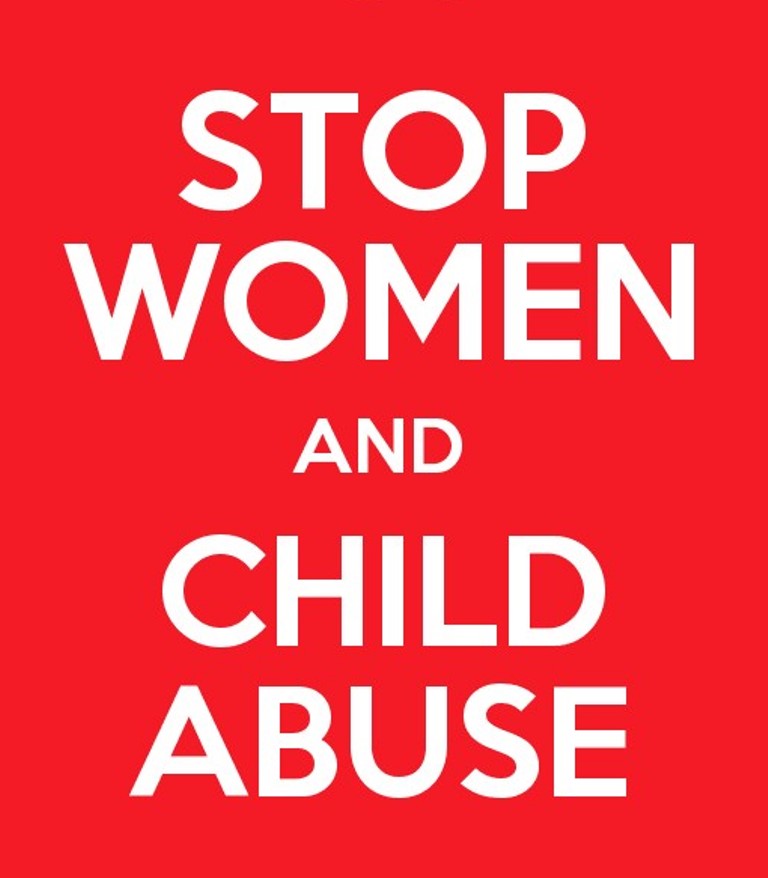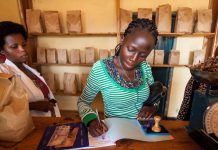AS the world marks Women Worlds’ Day this 8th March, stakeholders and Tanzania Gender Networking Programme (TGNP) normally review the achievements the country has made in the past 25 years after the Beijing Conference and nod that a lot has been attained.
They note several achievements and shower the government in phases with praises for tangible evidence that a lot has been done to fight vices, which confine and abuse women and children in the public.
However, it still beats logics to realise that some children and women because of stereotype ideas and retrogressive cultures, are still caught in a tight web knitted by some fellow society members to silence them.
These people subject children to emotional, sexual, or physical mistreatment or neglect without realizing that these children also form part and parcel of the same society and require protection from them as parents/guardians and adults.
To women rape, domestic violence, sexual harassment, reproductive coercion, female infanticide, prenatal sex selection, obstetric violence, and mob violence as well as harmful customary or traditional practices, such as honour killings, dowry violence, female genital mutilation become their woes in the hands of perpetrators one might be tempted to ask, who benefits out of it?
However, for these vices to end everyone especially the activists and stakeholders ought to note that the problem is rooted in social norms and concentrate on gender stereotypes.
Given the devastating effects violence has on women, some efforts have mainly focused on responses and services for survivors; however, the best way to end violence against women and girls is to prevent it from happening in the first place by addressing root and structural causes.
Collectively everyone must be involved in early in life, by educating and working with young boys and girls to promote respectful relationships and gender equality.
Working with youth is a “best bet” for faster, sustained progress on preventing and eradicating gender-based violence and while public policies and interventions often overlook this stage of life, it is a critical time when values and norms around gender equality are forged.
The intervention list should also include raising awareness on the dangers of harmful traditions in amicable way, instead of resorting to use of force and threat to the perpetrators.
Equally, children should be encouraged to speak openly about violence they may be seeing in their homes in order to avert the possibility of them growing up violent household, and inherit the culture.
But above all, the society should also bank on the concept of engaging respected community elders in the fight against gender violence just like they are always relied on to mend marriages.






